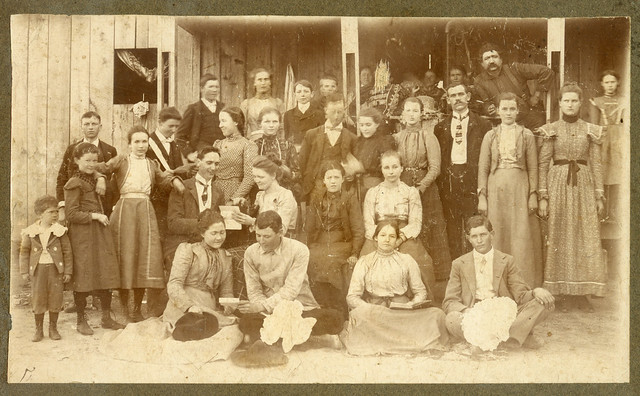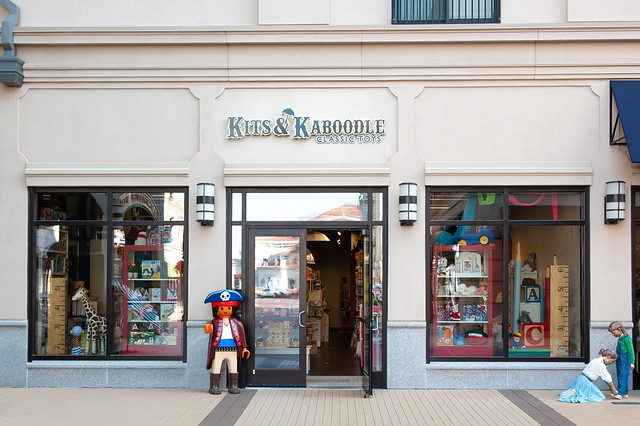Podcast: Play in new window | Download
In this Adventure we’re looking into the words kith and kin.
Kith [kɪθ] means:
- Friends and acquaintances (archaic/obsolete)
It appears in the expression kith and kin (both friends and family) and comes from the Middle English kith (kinsmen, relations), from Old English cȳþþu [ˈkyːθ.θu] (knoweldge, native land, home) from Proto-Germanic *kunþiþō (knowledge, acquaintance), from PIE *ǵneh₃- (to know) [source].
Engish words from the same roots include can, cunning, gnome, know, noble, quaint and uncouth [source].
Kin [kɪn] means:
- Race, family, breed, kind
- Persons of the same race or family, kindred
- One or more relatives
It comes from Middle English kyn (family, native, tribe, clan), from Old English cynn (kind, tribe, race, species, family), from Proto-West-Germanic *kuni (family, kin), from Proto-Germanic *kunją (kin, family, clan) from PIE *ǵenh₁- (to beget, give birth) [source]
Engish words from the same roots include cognate, engine, gene, genius, gentle, kind and nature [source].
Here’s a video I made of this information:
Video made with Doodly [afflilate link].
I also write about words, etymology and other language-related topics on the Omniglot Blog, and I explore etymological connections between Celtic languages on the Celtiadur.
You can also listen to this podcast on: Apple Podcasts, Amazon Music, Stitcher, TuneIn, Podchaser, PlayerFM or podtail.
If you would like to support this podcast, you can make a donation via PayPal or Patreon, or contribute to Omniglot in other ways.











